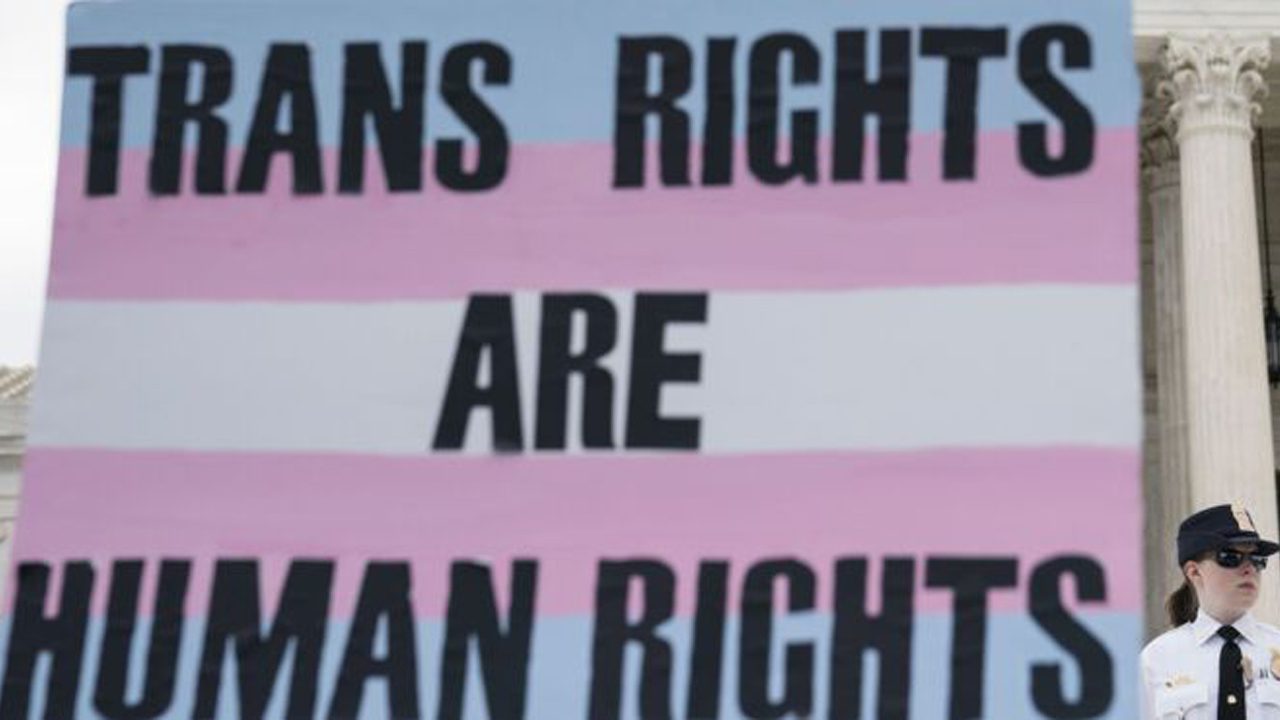
Transgender Athlete Ban Survives Challenge From Florida Teenager
Bloomberg Law | By Peter Hayes | November 7, 2023
- Court cites 11th Circuit transgender bathroom ban ruling
- Court grants plaintiff leave to replead some claims
A federal judge in Florida upheld the state’s law banning transgender athletes in public secondary schools and colleges from playing on girls’ or women’s sports teams.
S.B. 1028 doesn’t violate the equal protection clause of the US Constitution because the law’s “sex-based classifications are substantially related to the State’s important interest in promoting women’s athletics,” Judge Roy K. Altman of the US District Court for the Southern District of Florida said Monday. And the plaintiff, identified as D.N., failed to show that the law is “motivated by discriminatory animus,” Altman said.
The court also rejected D.N.’s claim that the law violates Title IX, which bars discrimination based on sex in educational programs that receive federal funds. Altman cited a 2022 ruling by the US Court of Appeals for the Eleventh Circuit—in a case involving Florida’s transgender bathroom bill—that Title IX’s reference to “sex” doesn’t include “gender identity.”
Finally, Altman dismissed with prejudice D.N.’s claim that the law violates her due process right to privacy, for lack of standing.
“The Plaintiff argues that the ‘Defendants’ enforcement of the law would require Plaintiff to disclose sensitive medical information that would otherwise not be available, including to third parties, parents and other students who might file claims under this law,” Altman said. “This potential injury—if we can call it that—is so speculative (and lies so far down a hypothetical chain of imaginary future events) that it cannot support D.N.’s Article III standing here,” he said.
Altman granted D.N. leave to file an amended complaint to show discriminatory animus in support of her equal protection claim, and to address “whether Title IX prohibits the state from treating D.N., as a biological male, differently than biological females.”
D.N., who was then 13-years old, filed the complaint in June 2021. The complaint alleged that D.N., then a rising eighth-grader, played soccer on the girls’ team at her middle school, and she sought to play on the girls’ high school team.
The suit alleged the law would prevent D.N. from playing sports, “decimate her social network,” and undermine a policy of the Broward County Public Schools stating that transgender students should use locker rooms and play on sports teams that correspond with their gender identities.
The law is part of an effort by conservative legislators and attorneys to challenge the right of transgender athletes to participate in girls’ and women’s sports. There are similar bans in 22 other states, according to the Movement Advancement Project.
In March 2020, Idaho became the first state to ban transgender athletes from competing in girls’ sports at the primary, secondary, and college levels. Boise State University athlete Lindsay Hecox sued to have the law overturned. That case is now before the US Court of Appeals for the Ninth Circuit.
On Dec. 16, 2022, the US Court of Appeals for the Second Circuit upheld the dismissal of a lawsuit seeking to ban transgender athletes from participating in girls’ sports in Connecticut.
Arnold & Porter Kaye Scholer LLP and Human Rights Campaign Fund represent D.N. Gray Robinson PA represents the Florida State Board of Education and Commissioner of Education Manny Diaz Jr.
The case is D.N. v. DeSantis, 2023 BL 399466, S.D. Fla., No. 21-cv-61344, 11/6/23.





